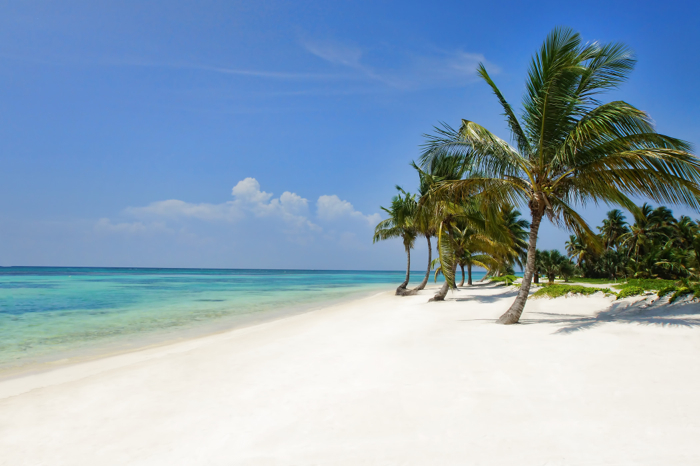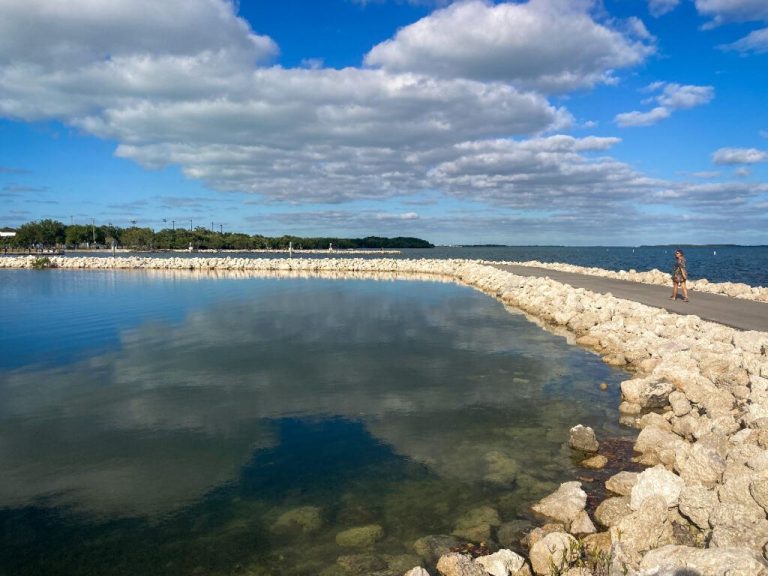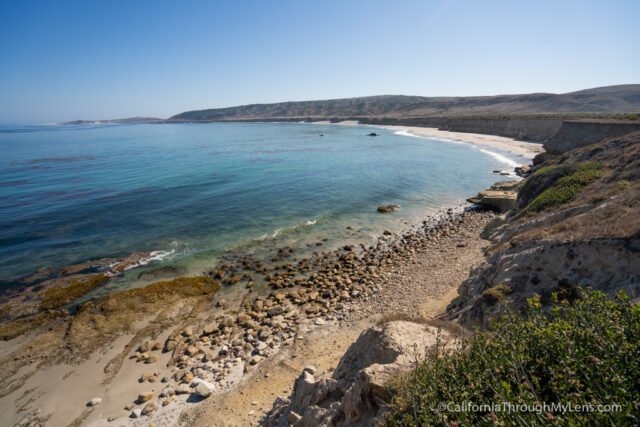
In 1998, the Dominican Republic lifted all restrictions on the property sale to foreigners. Since then, buyers from other countries have started to appear on the market. Now all property transactions are registered based on Law No. 108-05 of April 4, 2007.
Why should you buy property in the Dominican Republic?
The Dominican Republic does not prohibit paying for real estate in cash. But the buyer’s home state might have restrictions on the currency export. It is easier to use bank transfers.
Stamp duty
The services of a realtor are usually paid by the seller (5-10% of the property price), but when working with foreigners, exceptions are possible. We recommend discussing this issue with your realtor.
The rights of foreign buyers
Each property has a title and a legal status certificate, which reflects the entire history of the change of rights.
Notary’s fee
In 2020, the Dominican Republic felt the impact of the pandemic. Since then the state has done a lot to restore the economy. The country has been open to foreigners since July 2020, before the introduction of vaccinations against COVID-19. The entry rules were favorable, and now the country is very counting on tourists.
What are the basic steps in property purchase in the Dominican Republic?
Transfer property tax is 3% of the estimated property value which is lower than the market value.
Investors’ interest in the capital city, Santo Domingo, is also growing. The city is gaining popularity among tourists, and prospects for short-term rentals are growing accordingly. Buyer look for apartments here.
In conclusion
- data of the seller and the buyer;
- description of the property;
- cost and terms of payment;
- obligations of the parties (for example, the obligation of the seller to sign the final contract after the transfer of the entire amount).
Step 2. Conclusion of the purchase contract
Tourism is generally one of the main sectors of the Dominican economy, and the past year has been generally successful for it. The number of air ticket bookings in 2021 was more than in pre-pandemic 2019, but the total tourist flow was still less.
The final contract of sale is submitted to the General Directorate for Internal Taxes and Fees.
So, if you are not interested in the big city life, consider Sosua or Punta Cana village homes for sale.
Step 3. The grand finale
The purchase and sale agreement is concluded for the whole value or a “promise of sale” agreement if the buyer needs installments.
A foreigner as an individual or a legal entity can own any property in this Caribbean country: an apartment, a villa, an undeveloped plot, or a commercial property. Non-residents have the same rights to purchase as citizens, but they need to make an entry in the State Register of Rights to Purchase Real Estate by foreigners when concluding a transaction. The only one restriction is specially protected areas, such as national parks.
You can transfer funds directly to the seller or notary, who will forward them to the seller through their bank accounts.
The Dominican Republic is known as a country with low taxes, and property transactions are no exception. Here, the buyer pays much less over the price of the property than in the USA or Europe. As a rule, 4.5–5.5% of the value of the property, in difficult cases – up to 8%.
Please note! The notary is the guarantor of the legality of the transaction, who also collects and verifies all property documents.
The amount of stamp duty is about 1.3% of the property value.
Let’s talk about additional expenses
The notary also calculates all possible taxes and fees, prepares a contract of sale, and receives a certificate of ownership.
The authorities also announced a plan to support foreign investors in 2020. Strict compliance with laws, increased transparency, and shorter decision-making time became the main priorities. Foreign interest for local property returned to a high level the same year. Increased activity persisted in 2021 and still goes on.
How property sale is regulated by law? How many taxes do foreigner pay? Do buyers need a notary? What are the basic steps of buying property in the Dominican Republic? Read the most important information for future property owners in the Dominican Republic in this article.
The notary will need two to three weeks for due diligence.
Locals and foreigners pay the same tax for purchasing property in the Dominican Republic – 3% of the estimated property value. This fee falls on the shoulders of the buyer.
After choosing the property, both the seller and the buyer go to the notary to agree with the intent. You must make a deposit at this stage, usually up to 10% of the price.
In the case of a standard transaction, notaries in the Dominican Republic usually charge about 1% of the property price.
Also note: you are not obligated to hire a realtor, but it’s better to rely on professional help if you are not familial with local legislation.
Tax on the transfer of ownership of a real estate
Realtor’s fee
Step 1. Reservation the property
The best places to buy property in the Dominican
For decades, Punta Cana on the southeastern coast, Sosua and Cabarete in the northern part of the island have remained the main destinations for foreign investment in real estate in the Dominican Republic.
The agreement of intent must contain:
Step 4. Property transfer tax
That document must be signed in the presence of a Dominican notary. If the buyer cannot attend the transaction, they can sign documents by proxy with a power of attorney.
Another resort place, Samana, is less promoted. This resort is more popular among the French and Canadian tourists. Samana attracts connoisseurs with untouched nature, but the insufficiently developed infrastructure scares away those who are more accustomed to comfort. Besides, this place is not cheap.
- The Dominican Republic is popular among investors for its tourist potential.
- Foreigners have the same property right as the residents.
- You can hire a realtor, but you are not obligated by law.
- Buyers need a “promise of sale” agreement, if they pay in installments.
- Taxes are relatively law in the Dominican Republic.
- The best place to buy property depends on your investment preferences.




